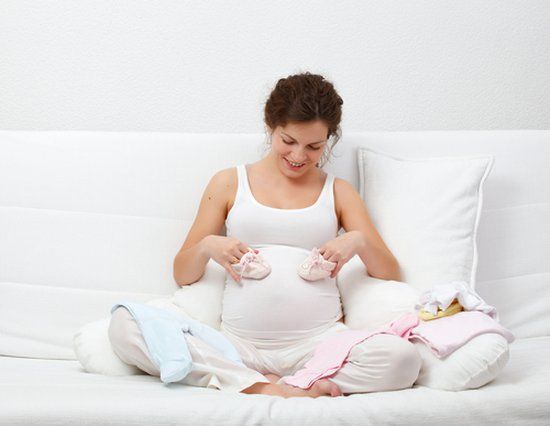Since a cross-parliamentary report revealed the varying levels of IVF provision by NHS trusts across the UK, there have been a lot of comments by various newspaper columnists focusing on whether infertility should be treated on the NHS in the first place.
Some have said that infertility is a condition, not an illness, and stretched NHS funds should be spent on those who are sick and ill, and not on those who need medical assistance to have a child. Put simply, they believe that having a family isn’t a ‘right’, and that infertility has become everyone’s problem and the NHS isn’t there to provide fertility on demand.
Indeed, this now seems to be a common thought amongst columnists. The British Fertility Society even wrote to the Guardian newspaper about an earlier commentary piece they’d published, before the IVF report was even revealed, which argued the NHS should not fund IVF treatment at all.
But all these columnists are missing a fundamental point. As the BFS pointed out, medical organisations the world over – including the World Health Organisation and the Department of Health, recognise that infertility is a physical illness. Although not life-threatening, infertility causes considerable distress and can lead to significant psychological harm. Which is why counselling is so vital in the infertility treatment process here at Manchester Fertility.
So yes, NHS resources are stretched. But with this in mind, is infertility any less deserving of funds than other illnesses? Why has it become the first choice for cuts, compared to other areas such as gastric bands for the obese, or the millions spent on smoking cessation programmes? Is someone who needs help to have a baby less worthy than someone who needs help to stop smoking?
And I would also wonder whether any of these columnists making these comments have actually experienced infertility for themselves. I suspect if they had, then their opinion would be quite different.
Last updated: 20th January 2020




